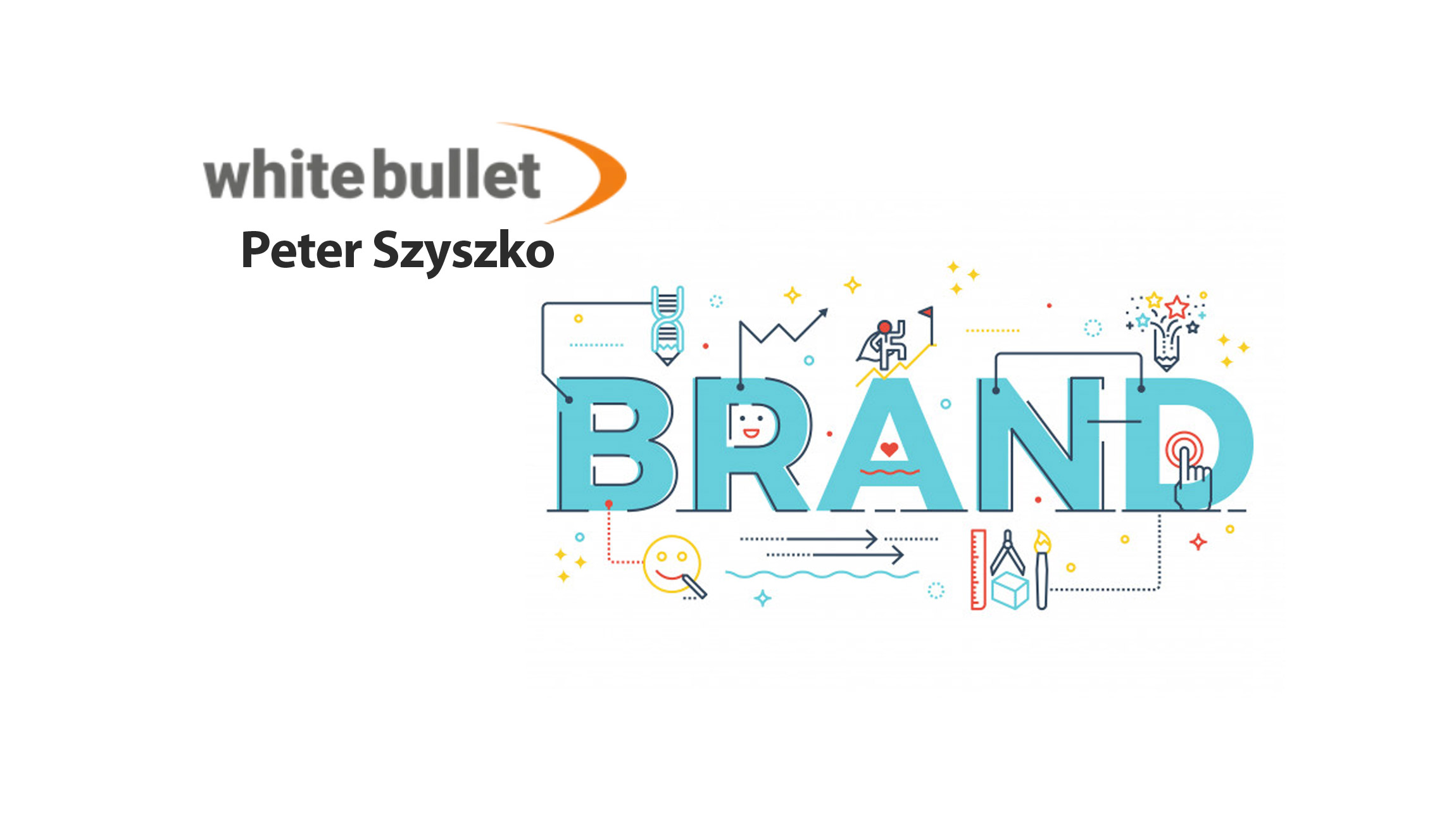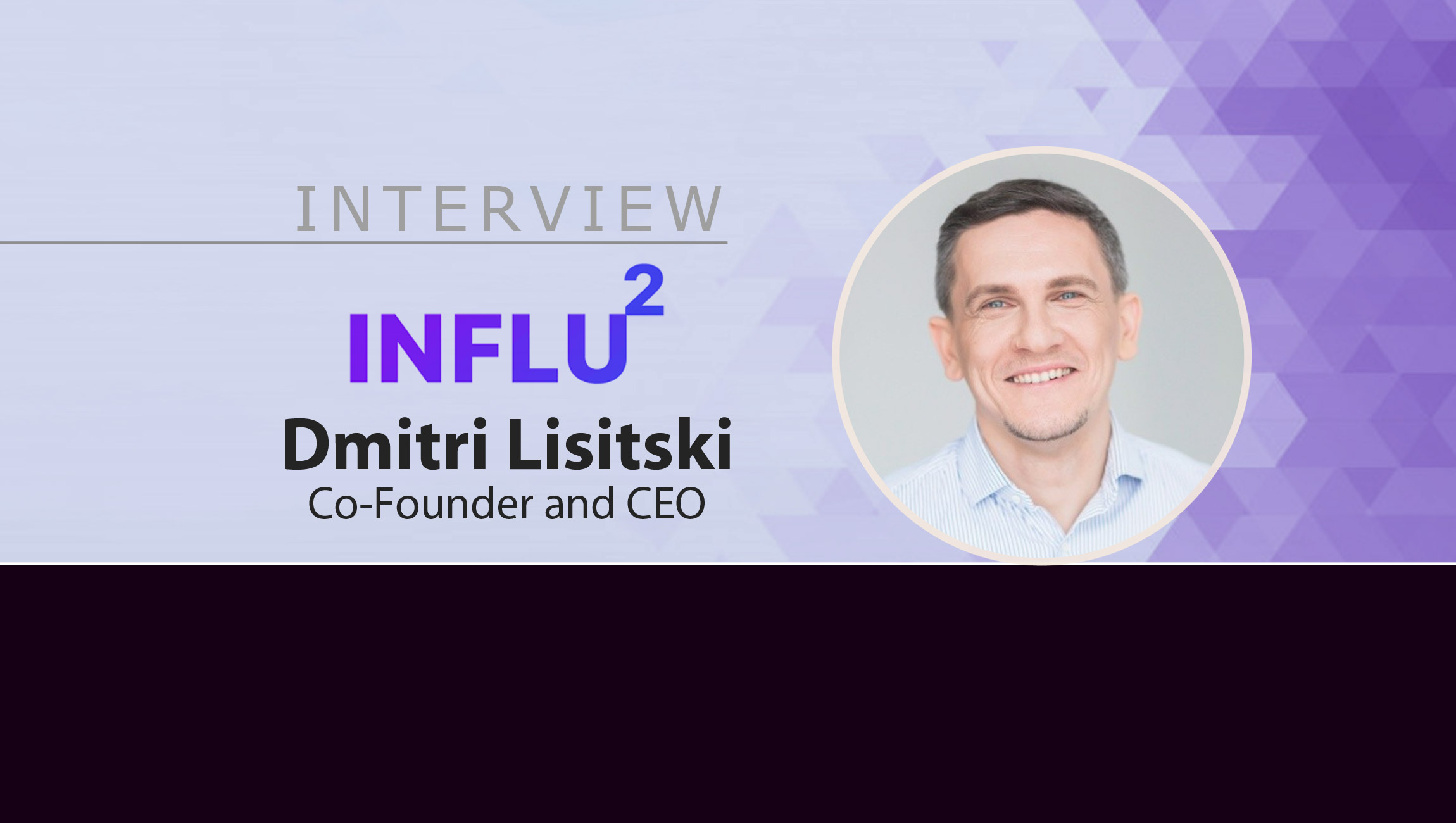We all give some thought to our broader moral responsibilities sometimes, whether that means wearing a face mask, or doing the recycling, or letting the lawn grow for the bees. None of those activities necessarily benefits us directly – unless you count the satisfaction of making the world a slightly nicer, more thoughtful place – but when it’s as easy to do the right thing as the wrong one, why not be good?
In that vein, it is now as simple and effortless for brands to fight online piracy as it is for them to accidentally support it. There’s no reason to support copyright theft, to allow a criminal underworld to prosper, to tolerate a corrupted ad supply chain. All advertisers need to do is push a button and the pirates are that little bit worse off.
For those that don’t know the background, here’s the quick version: brands pump their online ads out through programmatic channels; and a proportion of those ads are hoovered up by illegal sites, often cleverly disguised, that distribute pirate content – football matches and other sporting events, Hollywood films, TV shows, streamed music.
Marketing Technology News: VidCrunch Secures $2.5 MM in Growth Capital from Silicon Valley Bank (SVB) To Enhance Its Content…
That in turn fuels a wily, shape-shifting billion-dollar industry. These pirate streaming domains are hugely popular and almost entirely ad-funded, which means that if you can stop the pirates from accessing legitimate advertising supply chains, you kill their commercial reason to exist.
Our entire focus for years has been to monitor this illegal ecosystem – to understand its methods, learn to recognise its practitioners and its brand names, quantify its impact and, over the longer haul, to figure out how to attack it back, interfere with its operations, diminish its revenues.
Now we have arrived at a brand new stage of the fight where, as of this month, brands can simply tell their ad partners they don’t want their ads to go to these sites.
We have partnered with the leading self-service contextual outcomes engine, 4D, a division of Silverbullet, to integrate our IP infringement database directly into the RTB ad marketplace.
Using our data, ad networks can now cut pirate domains out of their clients’ programmatic media plans, just as easily as flicking a switch. By selecting the White Bullet ‘dimension’ in the UI, buyers on Silverbullet can automatically check if a site is a pirate site and filter it out in a matter of milliseconds.
This is a revolutionary step forward in the fight against digital IP crime and all its associated consequences for brands, consumers and copyright owners. Already we can identify infringing domains, notify advertisers, get sites taken down, head off illegal streaming events and demonetise content in close to real time. Now, we can block out copyright-infringing inventory at source.
Why should brands care? Pick a reason. Because these are criminal enterprises, getting fat on their ad budgets. Because ads that run on pirate sites deliver a lower ROI than those that run in quality environments – not to mention the reputational risk of ads on unsavoury sites. Because we have a moral responsibility, as inhabitants of the internet, to do what we can to clean it up.
Marketing Technology News: Alliance Develops Shared Diversity and Inclusion Goals
Here’s one more: because it now takes no effort at all to defund piracy. Tell the ad network you don’t want it, and it goes away. It’s as quick and easy as doing nothing at all.
Over the years, we have driven a major information campaign to reveal to copyright owners and advertisers the workings of the digital IP-infringement underworld. Copyright owners, obviously, had all the incentive they needed to join the fray on their own account. Many brands likewise responded with a new resolve to clean up their digital supply chain and pull their money out of this parasitic business.
But some advertisers, sometimes of a slightly unscrupulous type, didn’t quite see what it had to do with them: why would I make it a priority to address digital content crime that isn’t my problem?
We’ve never named and shamed, even though brands have been disgraced for far less than knowingly funding illegal activity. Now we have a new message: cleaning up your act involves no additional effort and no additional cost. It may very well deliver a number of benefits. At the very least, someone else will be grateful you did. So what’s stopping you?











